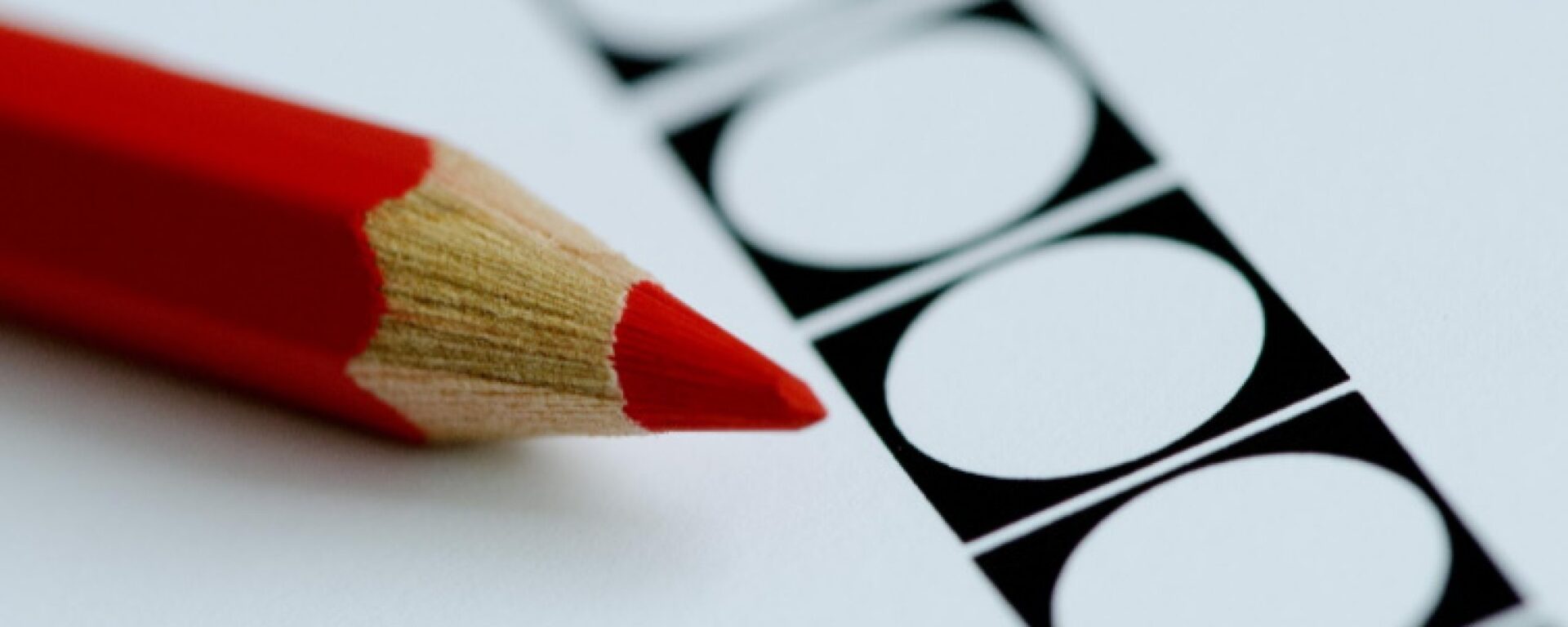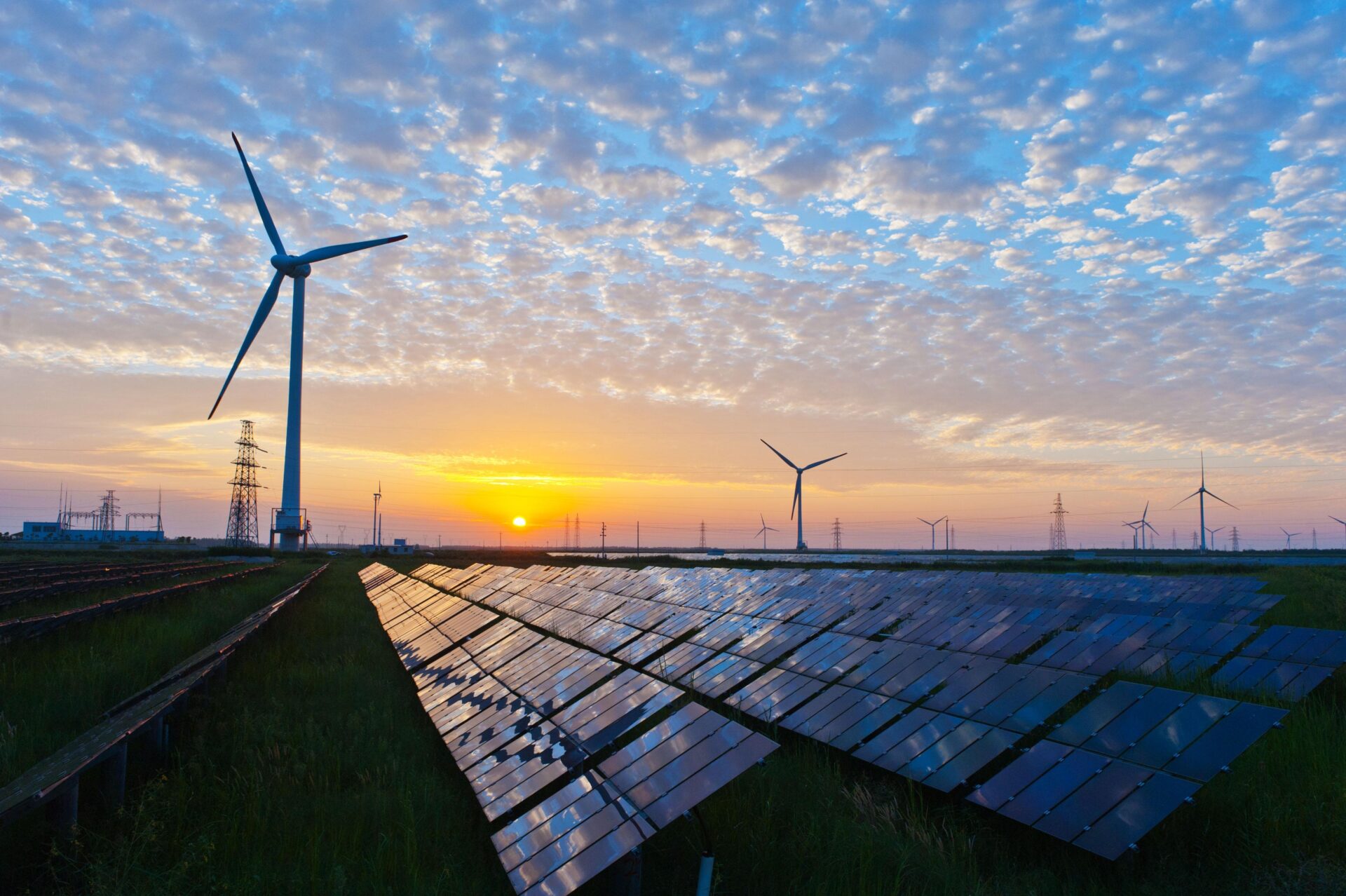After eleven turbulent months, the Schoof Cabinet has been #demissionary since June 3, 2025. Meanwhile, the ministerial posts that were vacant after the departure of the PVV have been filled by the three remaining parties, the first speculations of new coalitions are beginning, and the House of Representatives has just determined which pending issues are controversial.
What does the fall of the cabinet mean for the coming months? We asked William Moorlag, former member of parliament for the PvdA (2017-2021) and associate at Publieke Zaken for his reflections.
"Four full months to go until the elections. Feverish campaign teams: coming up with recruiting texts for the leaflets, slogans for the posters, cutting one-liners for the debates, ordering campaign jackets for street visibility. But what for? The outcome of the elections, and the formation, seems to be a foregone conclusion. The PVV remains large, possibly the largest again. Populism and the radical right have global electoral thermals under their wings. The fragmentation is also here to stay; a motley crew of parties will score between 0 and 8 seats. In the range 15 - 35 seats, besides PVV, only 4 parties at most will remain: VVD, GL/PvdA, CDA and perhaps D66. When it comes to governing, a coalition made up of these parties will have to do, now that the VVD has placed the 'dead end' sign at the PVV's exit.
But first the campaign. In it, it will rain promises. Extremely irritating, but it seems to work, like the advertising promises of renewed detergents. Equally irritating are the talk show tables, where incidents, straw fires and fuss are broadly previewed first, chewed out at the table and then considered after. We have to "get through it. For four months ... And then? Then it's October 30. The day after the election. Then it takes many weeks to switch from heated campaign mode, to a reasonable formation mode, where not political differences are sought, but common ground and similarities are laboriously explored. The formation will not be easy. The VVD party leader does not yet have a great track record when it comes to "connecting" and "negotiating," and Timmermans does not yet have a stable party base. His merger party is a motley mix of administrative reformists and activist flag wavers. Are both capable of making the turn toward political center? Unlike in 2012, there is little chemistry between party leaders of VVD and PvdA. Perhaps Henri Bontenbal brings the catalyst qualities.
Either way: chances are that VVD and GL/PvdA will form the rump of a new cabinet, with the task of untangling, if not cutting, the complicated Gordian knots in the economy and society. No easy task. These days, governing is synonymous with (electoral) creaming. Urgent help is needed, AND commitment, AND commitment from civil society. Elaborate systemic changes (pensions, health insurance law, and the energy agreement) are almost always a product of the polder.
So in addition to the campaign teams, the polder must get to work! Do not sit still and wait passively until after the elections and the formation. Lay the groundwork now for a long-term labor market agreement (hello FNV, please stop squabbling internally!). A go-ahead for an agricultural agreement, in which extensification and solid nitrogen reduction go hand in hand with innovation and farmers' right to exist. A green industry agreement that enables a low-carbon, circular economy, without driving companies out of the Netherlands and Europe. A SER/DNB think tank to simplify the tax system, which hangs together wood-strings.
It is common for NGOs and organized business to lobby and provide input into election programs and a coalition agreement. Now more is needed. In order to really speed up the transitions and get breakthroughs in long-drawn-out political deadlocks, the polder must take the initiative: elaborate plans and drive them to the parties that will be forming in the fall. "
Want to know more about opportunities to provide input on election programs or spar about the above suggested systemic changes? Contact us at info@publiekezaken.eu

